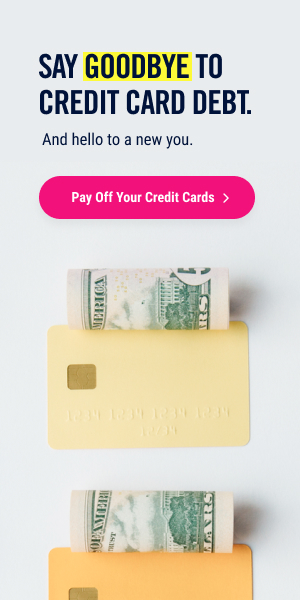The credit card and mortgage debt we racked up in the 1990s may have contributed to Americans’ poor savings habits.
In The Atlantic’s recent article, “Why Don’t Americans Save More Money?” writer Derek Thompson puts forth a few theories. One is that the poor and middle class went into debt buying homes and supporting new lifestyles and found themselves with less to put into savings.
Thompson writes, “The U.S. homeownership rate, which barely budged between 1985 and 1995, suddenly took off in the 1990s, peaking at an all-time high in the mid-2000s.”
He continues, “One plausible story is that many Americans gave up their saving habits in the stagflation [of the] ’70s, and by the time real income growth took off in the 1990s, many of them used the credit boom to buy suburban houses, cars and furniture. The saving rate of the bottom 90 turned negative in 1998, partly thanks to this huge rise in mortgage debt.”
In fact, in the 1990s the personal saving rate fell by more than five percentage points — that’s the most points of any decade in the last half century, Thompson points out.
There may be people with unhealthy savings accounts due to the fact they’re still trying to climb out of debts incurred a decade or two ago. It’s also likely possible the credit boom did something more insidious, which was to establish and promote a neutral, if not even positive, attitude toward over-consumption on credit.
In the 1990s the personal saving rate fell by more than five percentage points — that’s the most points of any decade in the last half century.
According to data combined from the U.S. Census Bureau and the Federal Reserve, 38% of all American households carry some sort of credit card debt and the average amount of debt for those balance-carrying households is $15,863.
Credit card debt likely isn’t the sole reason Americans don’t save more money, but it’s absolutely a contributing factor.
At Payoff, we try to offer solutions to this very problem by creating products and content that can not only help borrowers become savers, but help them become savers who are financially healthy, wealthy and wise. Step one is always to get out from under your debt and back to a clean slate. Step two is to begin growing your personal wealth.
Here are some resources to help you pay off your credit card balances:
Accelerate the Debt Repayment — Stop Adding Debt
7 Ways to Pay Off Your Credit Card Balances
How to Pay Off High-Interest Debt Guide
And here are some ways you can take small steps to build savings:
5 Ways to Save Time and Money This Week
Stay Out of Debt — Save for Emergencies


